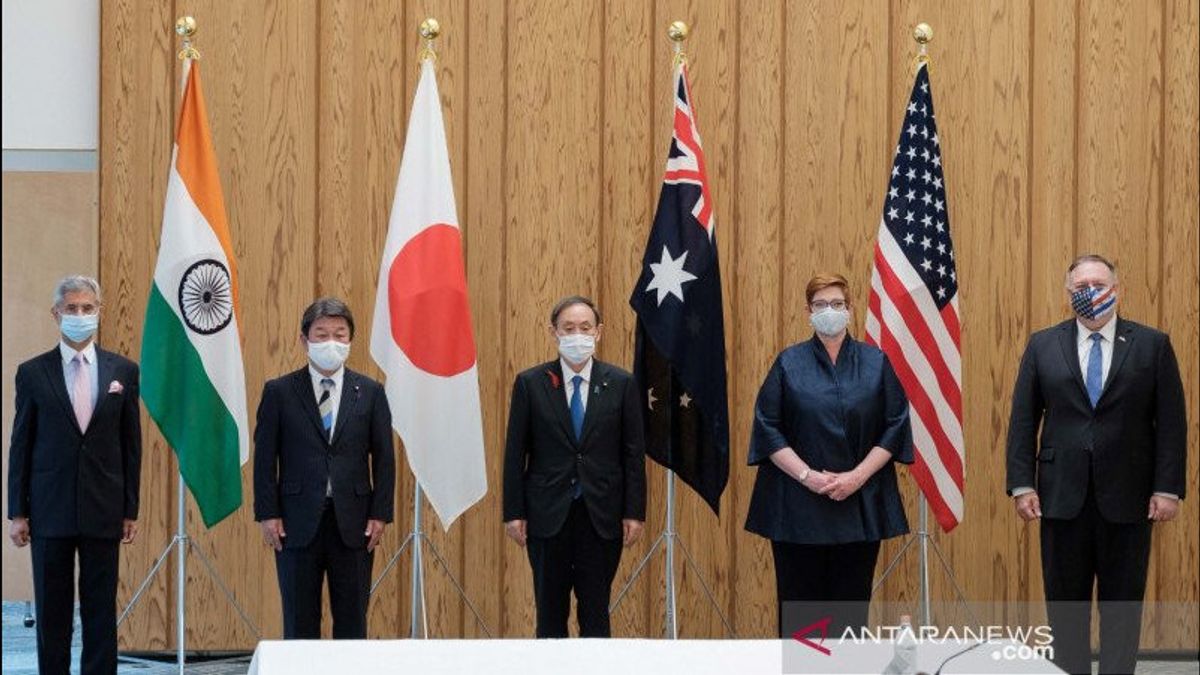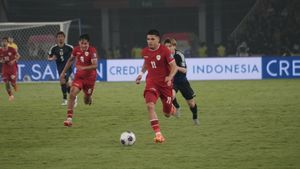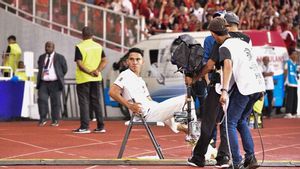JAKARTA - Japanese Prime Minister Yoshihide Suga and his Australian counterpart, Scott Morrison, are likely to agree on a historic defense pact that would align two of the United States' (US) key allies in Asia against China's growing influence.
Morrison arrived in Japan on Tuesday, November 17, where security experts expect him to finalize a Reciprocal Access Agreement (RAA) with Suga to establish a legal framework for troop visits, as well as for joint military exercises and operations.
"There will be something to announce from that meeting," a Japanese Foreign Ministry official told a news conference, without elaborating.
The agreement, which takes six years to negotiate and needs to be ratified by lawmakers, will be the first agreement for Japan since signing a troop status agreement in 1960 that allows the US to deploy warships, fighter jets and thousands of troops in and around Japan as part of a military alliance described by Washington as a cornerstone of regional security.
In a phone call with Suga last week, US president-elect Joe Biden said his administration was committed to maintaining that close partnership.
Tokyo and Canberra seek to strengthen ties as they worry about Chinese activity in the region, including militarization in the South China Sea, maneuvers around disputed islands in the East China Sea, and Beijing's growing influence over Pacific island nations to the east. far.
"It is very helpful for other countries to take a more active role in military activities and operations in the region, not least because America is too overwhelmed," said Grant Newsham, a researcher with the Japan Forum for Strategic Studies.
To fight China, Suga visited Vietnam and Indonesia last month to improve ties with key Southeast Asian allies. The visit follows a meeting of foreign ministers in Tokyo from the Quad - an informal group consisting of Japanese, Australian, US and Indian members.
China, which insists that its intentions in the Asia-Pacific region are peaceful, describes the Quad as a "mini-NATO" aiming to contain it. While Japan sees India as more hesitant about deepening ties, it has been pushing for greater defense cooperation with Australia since a 2007 joint statement on cooperation.
In 2013, Japan and Australia also agreed to share military supplies, which were expanded in 2017 to include ammunition in the deal.
Although Japan relinquished its right to fight after World War Two, the Self-Defense Forces is one of Asia's largest and most modern militaries, with stealth fighters, helicopter carriers, submarines, and recently established amphibious units assisted by the US Marine Corps. .
Australia is also a significant regional military power, with carrier-borne amphibious forces that can be dispatched to overseas missions.
The English, Chinese, Japanese, Arabic, and French versions are automatically generated by the AI. So there may still be inaccuracies in translating, please always see Indonesian as our main language. (system supported by DigitalSiber.id)











